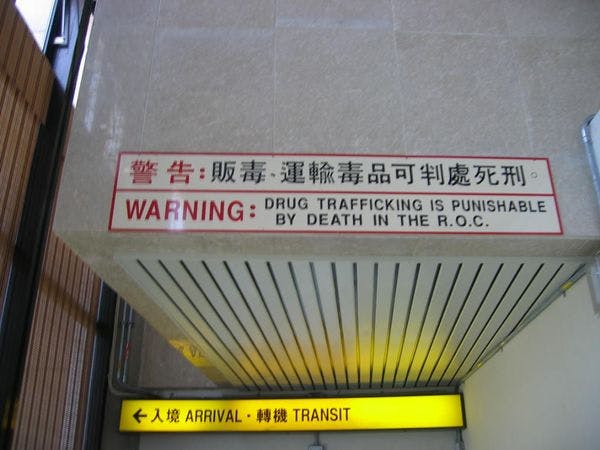Wikipedia - Public Domain
World Drugs Day: UNODC must integrate ending drug-related executions in its work
On 26 June, the International Day against Drug Abuse and Illicit Trafficking which the UN Office on Drugs and Crime (UNODC) has dedicated this year to the theme “Share facts on drugs. Save lives”, Amnesty International is renewing its call on the UN and its Member States to end the use of the death penalty for drug-related offences as a critical first step in ensuring drug policies are effectively designed to protect people.
The continued secrecy around the use of the death penalty and the silence from UNODC about its use for drug-related offences by some countries, and its wider impact on the enjoyment of human rights, is deeply concerning. The failure by UNODC to even mention the death penalty in its annual report and unreservedly advocate for the abolition of the death penalty not only allows for the harmful narrative that has dominated punitive state responses in the past decades to continue, but also offers cover for violations of human rights committed by some governments in the name of the ending drug-related harm.
The use of the death penalty for drug-related offences represents the pinnacle of the highly punitive paradigm of the “war on drugs”. Amnesty International renews its call on the Economic and Social Council (ECOSOC) and its subsidiary bodies, including UNODC, to make the abolition of the death penalty an integral component of all programmes to promote drug policy reform, prevent crime and improve criminal justice systems globally. Ending the death penalty, an inherently cruel and unfair punishment, would ultimately save lives and allow for the development of new drug policies based on the respect of public health and human rights.
